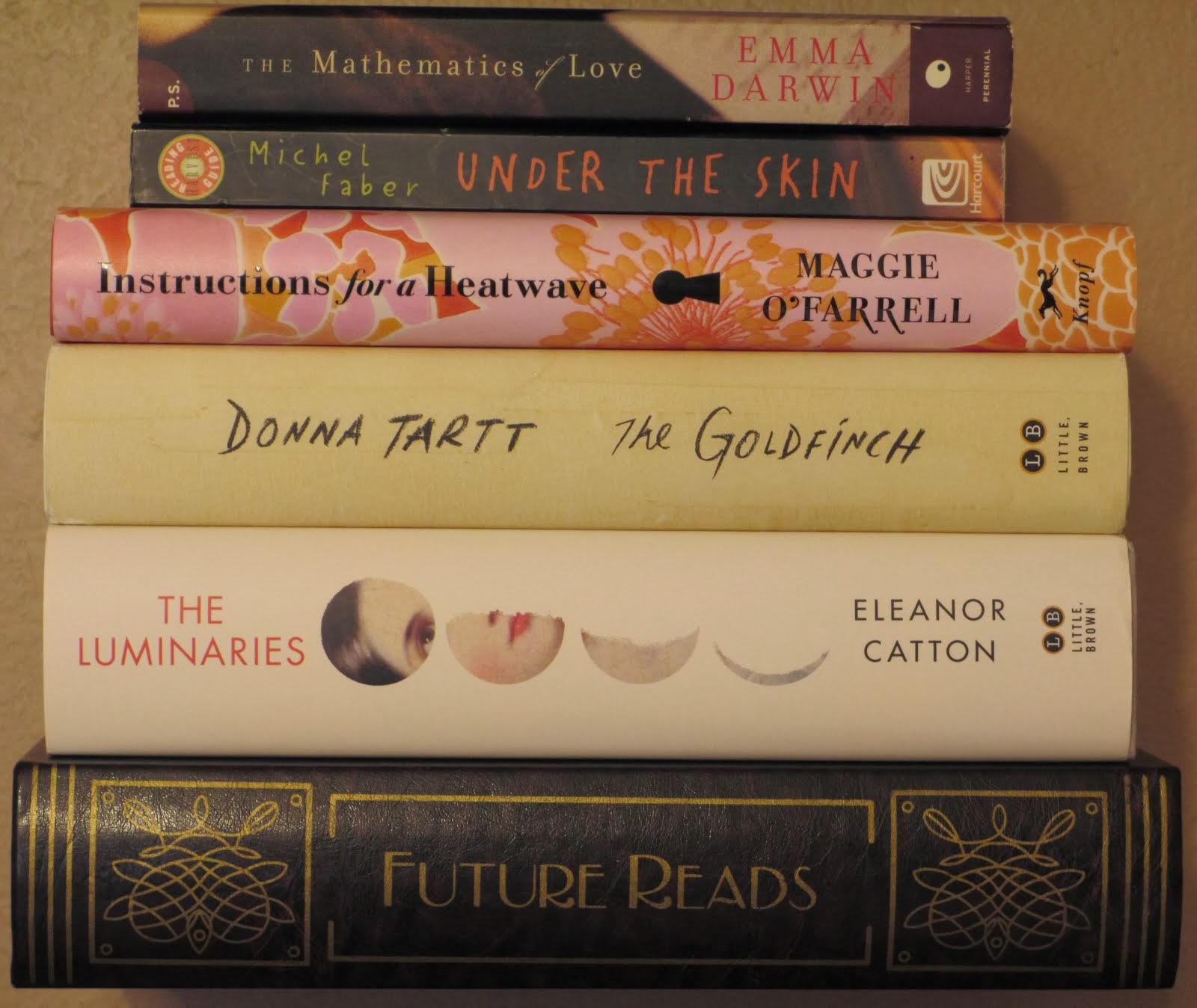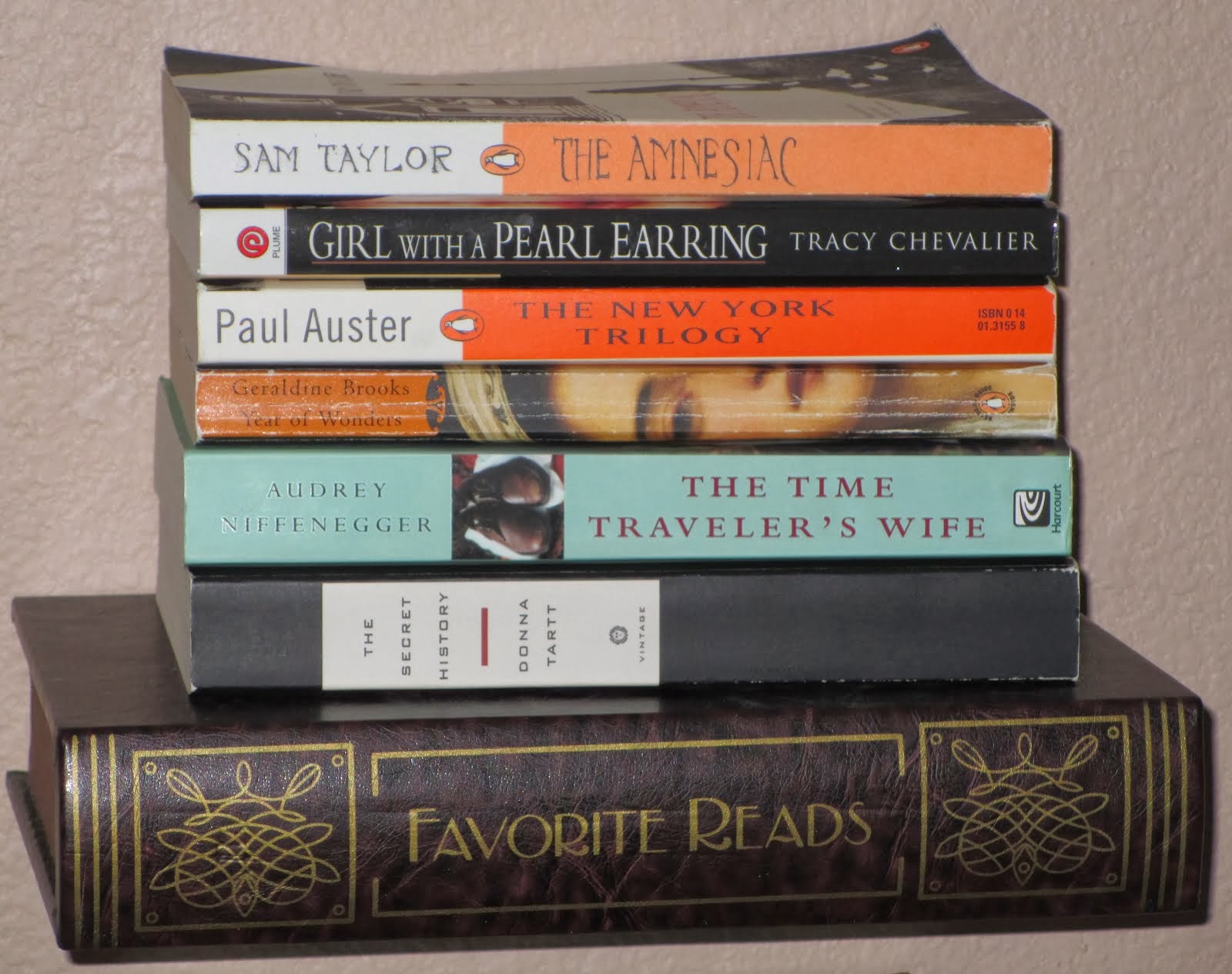AAAGH. UGHHHHH. I can't believe I read the whole thing. (Actually that's not true. I can hardly bear to not finish a book, no matter how bad it is.) I feel as if I just ate an entire mega-sized bag of peanut M&Ms: a little bit sick, and full of regret.
I suffer a slight twinge of guilt when I slag off a book by a living author, mainly because I imagine how the author would feel if they read my blog post (however unlikely). In this case I will assuage my guilt with the knowledge that this book was a NYT bestseller, so surely Ms Lapena won’t care if one lowly little blogger didn’t love her book. Or even if one lowly little blogger hated her book.
I can understand why readers (including me) find the idea of this book intriguing. The Gone Girl-esque cover draws you in, and then the blurb piques your interest: Anne and Marco’s perfect little family suddenly begins to unravel after “a terrible crime” is committed while they are at a dinner party. And there is the promise of many secrets, and a shocking truth.
But OMG, the writing was awful. Gone Girl it was not. It was pretty bad all the way through, but it certainly wasn’t helped by the resolution of the plot that was so explain-ey... and then there was that last part at the very end. It was just so stupid and pointless and unnecessary, existing purely for shock value, and not even doing a very good job of that.
In fact, this book was so bad that I refused to read the selection from the author’s next novel that was tucked in at the end of this book, which is totally out of character for me. (Ms Lapena, if you are reading this, console yourself with the thought that I probably couldn’t have done any better if I had tried to write a book myself. Not to mention the fact that you HAVE written books, and I haven't.) There was a plot, and it wasn’t boring, but I can’t think of any other positive things to say. Other than the fact that the book was short.













